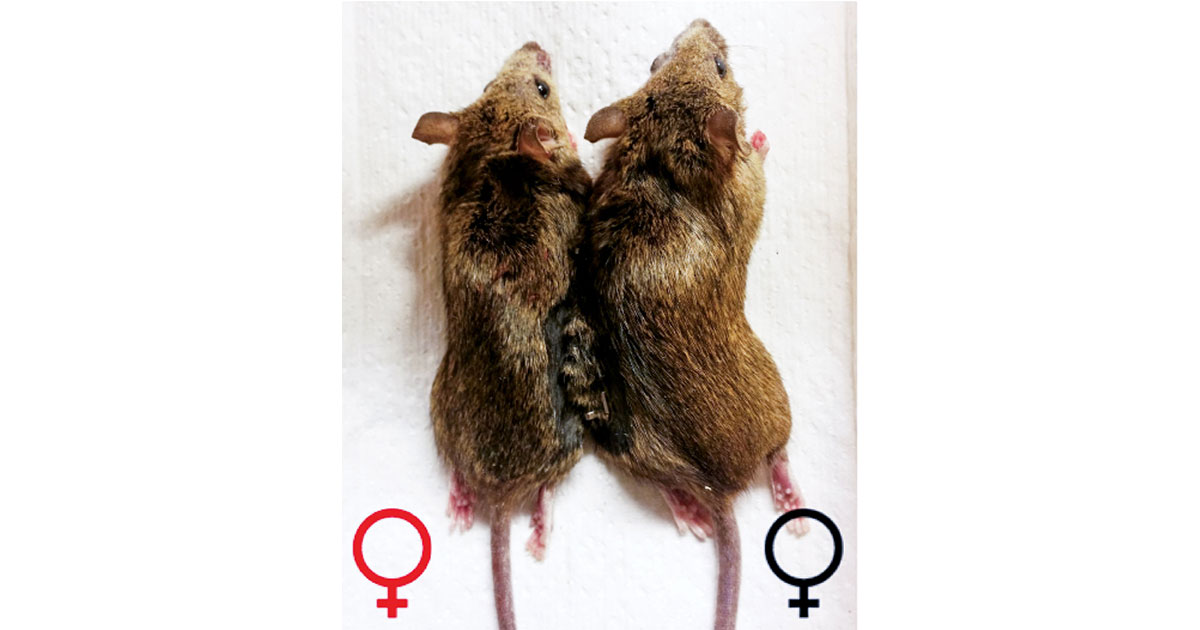Advertisement
Grab your lab coat. Let's get started
Welcome!
Welcome!
Create an account below to get 6 C&EN articles per month, receive newsletters and more - all free.
It seems this is your first time logging in online. Please enter the following information to continue.
As an ACS member you automatically get access to this site. All we need is few more details to create your reading experience.
Not you? Sign in with a different account.
Not you? Sign in with a different account.
ERROR 1
ERROR 1
ERROR 2
ERROR 2
ERROR 2
ERROR 2
ERROR 2
Password and Confirm password must match.
If you have an ACS member number, please enter it here so we can link this account to your membership. (optional)
ERROR 2
ACS values your privacy. By submitting your information, you are gaining access to C&EN and subscribing to our weekly newsletter. We use the information you provide to make your reading experience better, and we will never sell your data to third party members.
Biological Chemistry
Propionate has metabolic side effects in people
Food preservative causes increases in glucose and the hormones norepinephrine, glucagon, and fatty acid–binding protein 4
by Celia Henry Arnaud
April 26, 2019
| A version of this story appeared in
Volume 97, Issue 17
The short-chain fatty acid propionate is used as a food preservative in cheeses and baked goods because it inhibits mold growth. It is also produced by microbes in the human gut. Now researchers report that it also has metabolic effects on animals and people. Amir Tirosh of Sheba Medical Center in Israel, Gökhan S. Hotamisligil of Harvard T.H. Chan School of Public Health, and their coworkers found that propionate induces increased glucose production and levels of the hormones norepinephrine, glucagon, and fatty acid–binding protein 4 (FABP4) in mice (Sci. Transl. Med. 2019, DOI: 10.1126/scitranslmed.aav0120). Mice lacking FABP4 or the liver glucagon receptor weren’t affected by the preservative. Some of the effects seen in animals were not observed in cell culture, suggesting they may be mediated by the sympathetic nervous system. Secretion of glucagon from pancreatic α cells and FABP4 from adipose cells didn’t change in response to propionate. Chronic exposure to the preservative led to weight gain in mice. In a small human study, 14 healthy participants ate meals supplemented with either propionate or a placebo. Afterward, people who ate propionate had elevated levels of norepinephrine and glucagon and decreased insulin sensitivity.




Join the conversation
Contact the reporter
Submit a Letter to the Editor for publication
Engage with us on Twitter